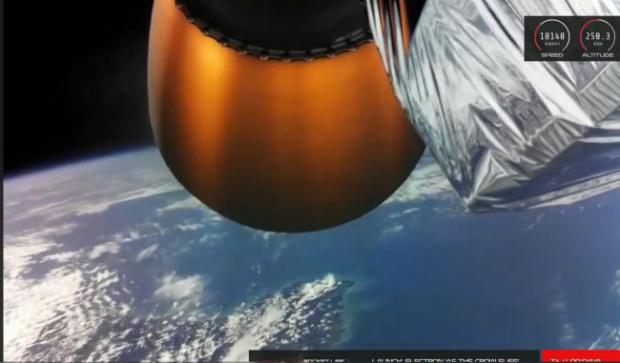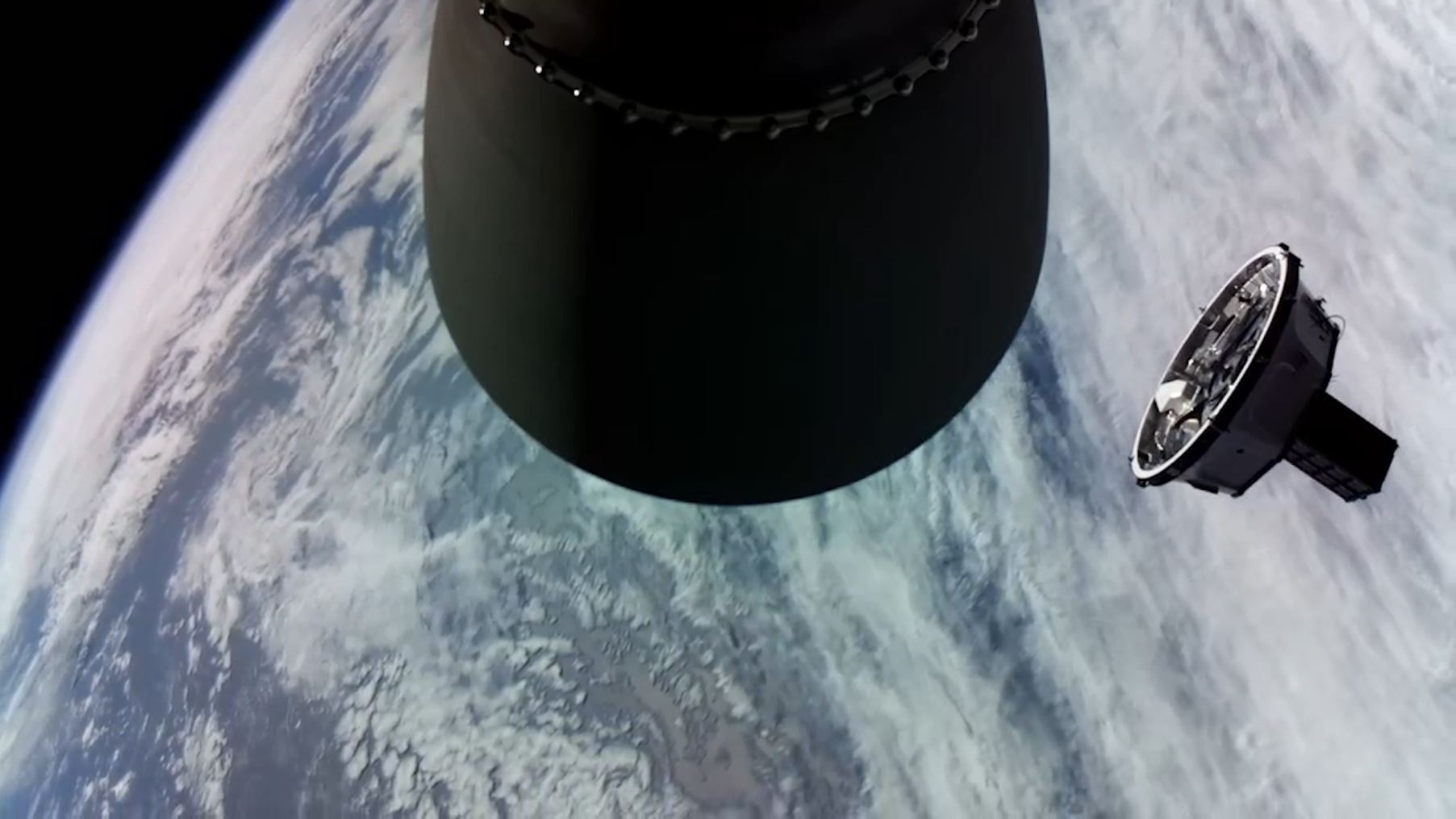
Breaking News
 This roof paint blocks 97% of sunlight and pulls water from the air
This roof paint blocks 97% of sunlight and pulls water from the air
 'Venomous' Republican split over Israel hits new low as fiery feud reaches White House
'Venomous' Republican split over Israel hits new low as fiery feud reaches White House
 Disease-ridden monkey that escaped from research facility shot dead by vigilante mom protecting...
Disease-ridden monkey that escaped from research facility shot dead by vigilante mom protecting...
 Hooters returns - founders say survival hinges on uniform change after buying chain...
Hooters returns - founders say survival hinges on uniform change after buying chain...
Top Tech News
 The 6 Best LLM Tools To Run Models Locally
The 6 Best LLM Tools To Run Models Locally
 Testing My First Sodium-Ion Solar Battery
Testing My First Sodium-Ion Solar Battery
 A man once paralyzed from the waist down now stands on his own, not with machines or wires,...
A man once paralyzed from the waist down now stands on his own, not with machines or wires,...
 Review: Thumb-sized thermal camera turns your phone into a smart tool
Review: Thumb-sized thermal camera turns your phone into a smart tool
 Army To Bring Nuclear Microreactors To Its Bases By 2028
Army To Bring Nuclear Microreactors To Its Bases By 2028
 Nissan Says It's On Track For Solid-State Batteries That Double EV Range By 2028
Nissan Says It's On Track For Solid-State Batteries That Double EV Range By 2028
 Carbon based computers that run on iron
Carbon based computers that run on iron
 Russia flies strategic cruise missile propelled by a nuclear engine
Russia flies strategic cruise missile propelled by a nuclear engine
 100% Free AC & Heat from SOLAR! Airspool Mini Split AC from Santan Solar | Unboxing & Install
100% Free AC & Heat from SOLAR! Airspool Mini Split AC from Santan Solar | Unboxing & Install
 Engineers Discovered the Spectacular Secret to Making 17x Stronger Cement
Engineers Discovered the Spectacular Secret to Making 17x Stronger Cement
Rocket Lab successfully launches ninth Electron mission, deploys payload to highest orbit yet


The successful mission brings the total count of satellites deployed by Rocket Lab to 40 and continues the company's record of 100% mission success for customers
Auckland, New Zealand. 17 October 2019 – Rocket Lab, the global leader in dedicated small satellite launch, has successfully launched its ninth Electron mission, deploying a single spacecraft to orbit for satellite manufacturer Astro Digital.
The mission, named 'As The Crow Flies,' lifted off from Rocket Lab Launch Complex 1 on New Zealand's M?hia Peninsula at 01:22 UTC, 17 October 2019 (14:22 NZDT). Approximately 71 minutes after lift-off, Electron's Kick Stage deployed the payload to a circular orbit of more than 1,000 km - more than twice the altitude of any Electron mission to date. The mission successfully demonstrated recent upgrades to the Kick Stage's 3D-printed Curie engine, including the move to a bi-propellant design for improved performance. Curie also serves as the propulsion system on Rocket Lab's Photon satellite bus, and the flight-proven engine upgrades support enduring missions in LEO, as well as higher orbits.
This mission takes the total number of satellites deployed by Rocket Lab to 40 and continues the company's track record of 100% mission success for customers.
The spacecraft on board was a Palisade technology demonstration satellite - a 16U CubeSat with on-board propulsion and next generation communications systems developed by Astro Digital, and software developed by Advanced Solutions Inc. including an advanced version of ASI's MAX Flight Software.
The mission earned its moniker, 'As The Crow Flies,' as a nod to Astro Digital's Corvus Spacecraft Platform which provides flexible and cost-effective solutions across a wide range of applications and mission profiles on bus variants ranging from 6U and 16U CubeSats to ESPA Class. Corvus is also a widely distributed genus of birds that includes crows.
'As The Crow Flies' was pulled forward in Rocket Lab's 2019 manifest after a customer originally slated for this window requested a later launch date.



